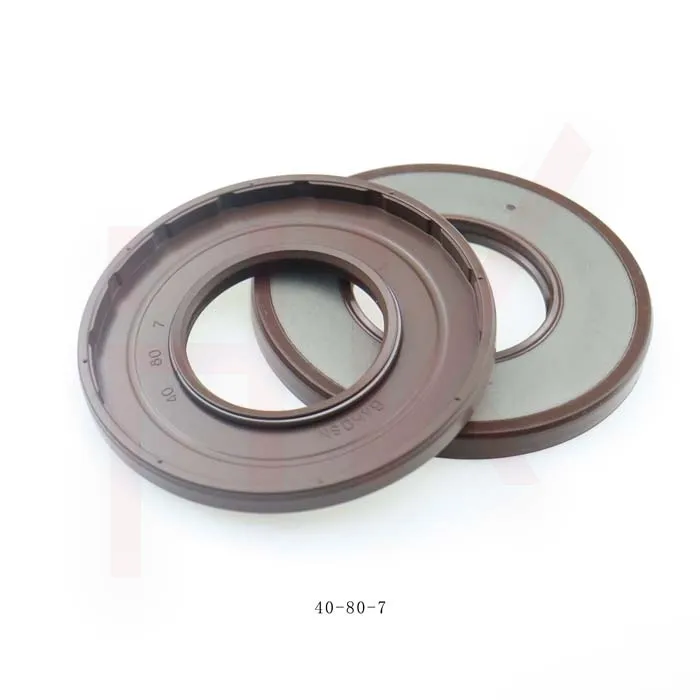Oct . 07, 2024 18:26 Back to list
hub bearing seal
Understanding Hub Bearing Seals An Essential Component in Vehicle Performance
Hub bearing seals are critical components in the automotive industry, playing a significant role in the overall performance and longevity of vehicles. These seals are designed to prevent contaminants, such as dirt, water, and debris, from entering the hub assembly while retaining necessary lubrication within the bearing itself. This dual function is vital for the efficient operation of the wheel hub, which is essential for safe and smooth driving.
Structure and Functionality
Hub bearing seals typically consist of a rubber or polymer material that forms a tight seal around the bearing surfaces. They are engineered to withstand varying environmental conditions, from extreme temperatures to high levels of moisture, thereby ensuring durability and reliability. The primary purpose of these seals is to protect the bearings from external contaminants that can lead to premature wear and tear. Without effective sealing, particles can infiltrate the bearing assembly, resulting in increased friction, overheating, and ultimately, bearing failure.
Importance of Quality Seals
The quality of hub bearing seals significantly influences vehicle performance. High-quality seals are designed to provide a robust barrier against contaminants while maintaining low friction levels to enhance rotational efficiency. Additionally, these seals contribute to the accuracy of wheel alignment and stability, ensuring that vehicles operate smoothly under various driving conditions.
hub bearing seal

Using inferior or damaged seals can have dire consequences. It can lead to catastrophic failure of the Hub Assembly, which not only affects drivability but may also pose safety risks for drivers and passengers. Hence, it's essential for automotive manufacturers and repair shops to prioritize the use of high-quality hub bearing seals that meet industry standards.
Maintenance and Inspection
Regular inspection and maintenance of hub bearing seals are crucial for ensuring optimal vehicle performance. Mechanics often recommend checking these seals for signs of wear or damage during routine vehicle inspections. Signs of a failing seal include grease leakage around the wheel hub and unusual noises emanating from the wheels while driving.
If a seal is found to be compromised, it is imperative to replace it immediately to avoid further damage to the bearings and other associated components. Replacement typically involves removing the wheel hub assembly, cleaning the surfaces, and installing a new seal that fits securely in place.
Conclusion
In conclusion, hub bearing seals are indispensable for maintaining the health and performance of a vehicle's wheel assembly. Their ability to keep contaminants at bay while ensuring proper lubrication is vital for extending the lifespan of bearings and enhancing overall driving safety. Vehicle owners and maintenance professionals must be diligent in their inspection and prompt in their replacement to ensure that vehicles not only run efficiently but also safely on the road. As automotive technology continues to evolve, investing in high-quality, reliable hub bearing seals will remain a cornerstone of vehicle performance and safety.
-
TCN Oil Seal Metal Ring Reinforcement for Heavy Machinery
NewsJul.25,2025
-
Rotary Lip Seal Spring-Loaded Design for High-Speed Applications
NewsJul.25,2025
-
Hydraulic Cylinder Seals Polyurethane Material for High-Impact Jobs
NewsJul.25,2025
-
High Pressure Oil Seal Polyurethane Coating Wear Resistance
NewsJul.25,2025
-
Dust Proof Seal Double Lip Design for Construction Equipment
NewsJul.25,2025
-
Hub Seal Polyurethane Wear Resistance in Agricultural Vehicles
NewsJul.25,2025
-
The Trans-formative Journey of Wheel Hub Oil Seals
NewsJun.06,2025
Products categories
















